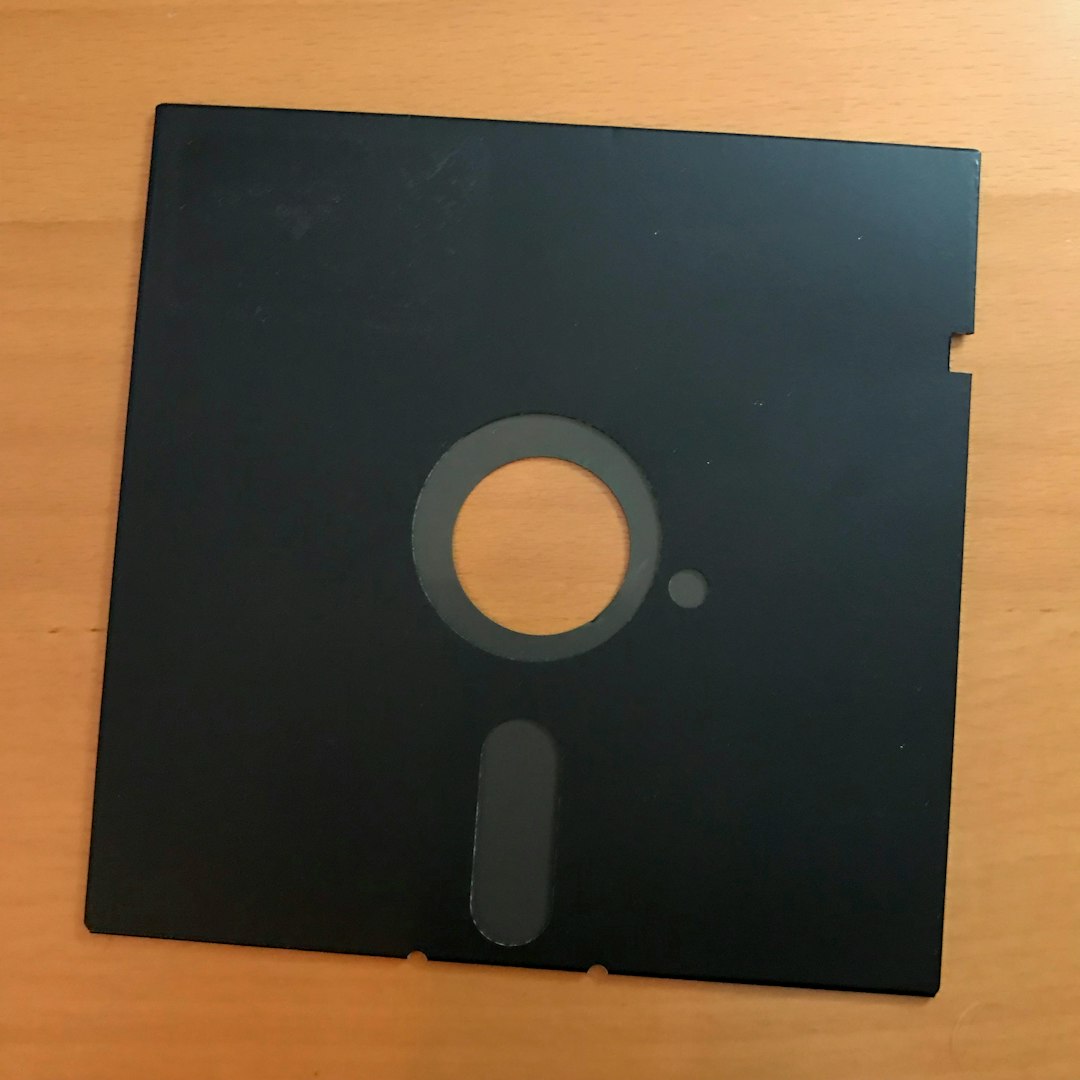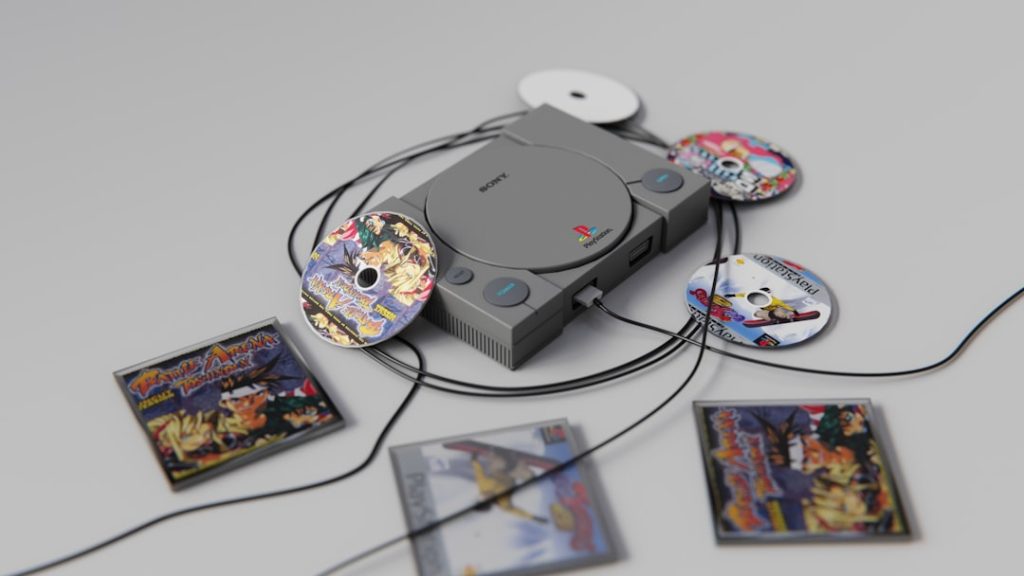The Nintendo Wii U is known for its unique blend of innovation and nostalgia. While it introduced new gaming experiences with its GamePad and dual-screen capability, many gamers still turn to it for playing titles from previous generations. One common question many retro gaming enthusiasts ask is: Can you play GameCube games on the Wii U? In this article, we will explore the hardware and software capabilities of the Wii U to determine whether or not it supports Nintendo GameCube titles, and what your options are if you want to revisit those classic games.
The Backward Compatibility of Wii U
Nintendo consoles are often praised for their backward compatibility, allowing players to use previous-gen games and accessories. The Wii U continued this trend—but to a certain extent. It offers support for most Wii titles and accessories, making it a logical transition for Wii owners.
However, when it comes to GameCube compatibility, things become a little more complicated.
Native Support for GameCube Games
The unfortunate truth is that the Wii U does not natively support Nintendo GameCube discs or accessories. Unlike the original Wii, which had dedicated hardware support including controller ports and memory card slots, the Wii U lacks the necessary hardware to directly run GameCube games from disk. This decision marked a departure from Nintendo’s earlier philosophy with the Wii and disappointed many fans who expected similar support.
That said, not all hope is lost for fans of GameCube classics. There are still methods—and some workarounds—that can allow you to enjoy GameCube games on your Wii U.

Exploring Workarounds: Playing GameCube Games on Wii U
Although the Wii U does not provide native support for GameCube games, there are ways to play them through software exploits, emulation, and virtual console releases. Below, we walk through each method and explain how they work, along with their pros and cons.
1. Homebrew and Nintendont
One popular method for playing GameCube games on a Wii U is using a piece of software known as Nintendont along with a Homebrew Launcher. Nintendont allows GameCube games to be played on Wii and Wii U through backward compatibility with the Wii mode on the Wii U.
Here’s what you’ll need:
- Wii U console with access to the Homebrew Launcher
- SD card formatted to FAT32
- GameCube ISO files (digital versions of the games you own)
- Nintendont software loaded on the SD card
Follow these general steps:
- Install the Homebrew Channel on your Wii U through the Wii Mode (called vWii).
- Download and install Nintendont onto your SD card.
- Add GameCube ISO files to the appropriate directory.
- Launch Nintendont through the Homebrew Channel and select the desired game.
Important note: While this method is effective, users need to be aware that modifying your console can void warranties and may present legal concerns if you’re using game backups that you don’t personally own.
2. Virtual Console Options (Limited)
Nintendo’s Virtual Console platform has been a gateway for many old games, unfortunately, there is no official GameCube support via Virtual Console on Wii U. However, Nintendo has released HD remakes and re-releases of certain popular GameCube titles. For example:
- The Legend of Zelda: Wind Waker HD
- Super Mario Sunshine (available on the Switch via Super Mario 3D All-Stars, not on Wii U)
If you’re searching for legitimate ways to relive GameCube classics, these remasters might be your best bet on Nintendo’s platforms. Unfortunately, these are curated selections, not a comprehensive catalog.

3. Streaming and Ports to Other Consoles
Another route to play some GameCube titles—not directly on Wii U—is through Nintendo Switch and other more recent systems. Several GameCube games have been ported or reimagined for Switch. While this doesn’t technically involve the Wii U, it’s an official method to experience unforgettable titles from that generation.
Controller Compatibility
One of the aspects that made GameCube gaming special was its distinctive controller. The Wii U is compatible with Wii Classic Controllers through Wii Mode, but it does not have official support for GameCube controllers out of the box. The GameCube ports that existed on the original Wii are not present on the Wii U.
However, there are workarounds here too:
- Using a GameCube Controller Adapter designed for the Wii U. These adapters were first introduced for games like Super Smash Bros. for Wii U.
- Certain homebrew methods can recognize GameCube controllers via USB or adapter interfaces, depending on the software’s support level.
Is It Worth It?
If you’re willing to dive into homebrew installations and take the time to set everything up, the experience of playing GameCube games on a Wii U can be incredibly satisfying. However, for users who prefer only official methods, choices are limited and largely restricted to a few HD remakes or ports.
When choosing whether to invest time in unlocking GameCube support on your Wii U, consider:
- The legality of using downloaded ISOs
- The possibility of bricking your console through improper software installation
- The benefits of purchasing a used GameCube or original Wii for native support
Alternatives to Consider
If your goal is to experience GameCube games in the most authentic way possible, it might be worth exploring other paths:
- Original Nintendo GameCube: Best for purists. Requires original disks and accessories.
- Nintendo Wii (older models): Many include native backward compatibility with GameCube games, including ports for memory cards and controllers.
- Dolphin Emulator on PC: Legal when used with games you own, provides high-definition rendering and customizable controls.
Conclusion
In summary, the Wii U does not natively support GameCube games, but with the right tools and patience, you can unlock a fair approximation of that experience through homebrew software like Nintendont. For those who prefer official solutions, remastered versions and ports represent a limited but polished alternative.
Ultimately, it depends on your comfort level with unofficial modifications and how dedicated you are to revisiting the GameCube’s exceptional library. While it may not be the easiest console for GameCube gaming, the Wii U remains a versatile system if handled with knowledge and care.


